简体中文
繁體中文
English
Pусский
日本語
ภาษาไทย
Tiếng Việt
Bahasa Indonesia
Español
हिन्दी
Filippiiniläinen
Français
Deutsch
Português
Türkçe
한국어
العربية
What WikiFX Found When It Looked Into FXTF
Abstract:In the complex world of online trading, verified licenses and confirmed operational presence offer important reference points for evaluating a broker. FXTF is one such firm that has undergone regulatory registration and address verification
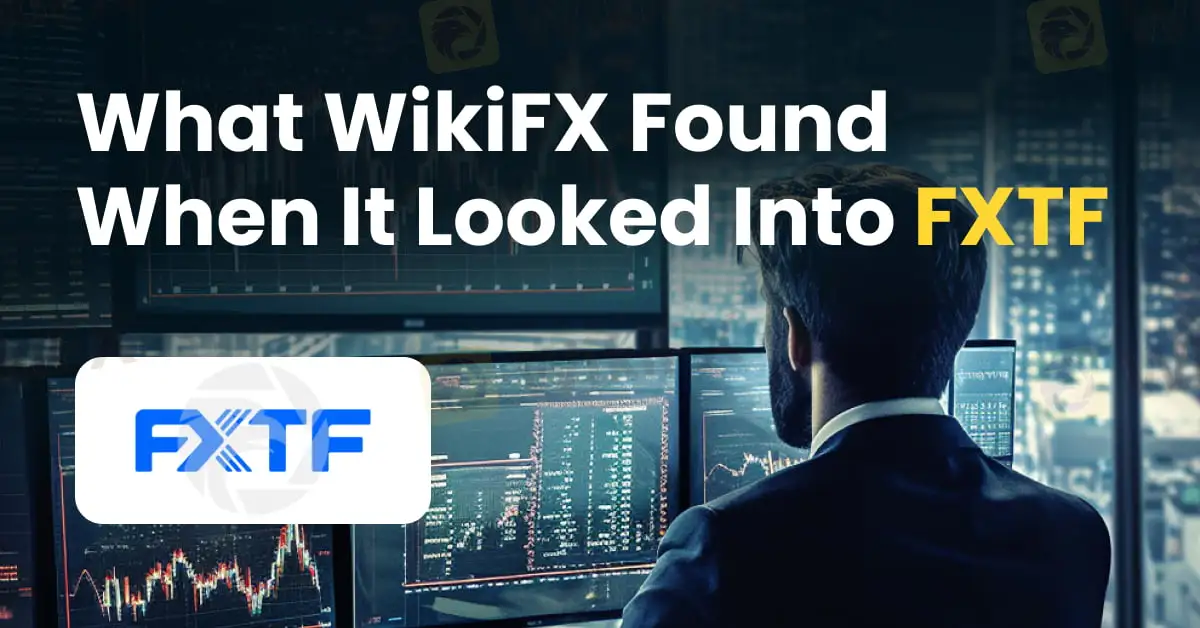
FXTF, a Japan-based forex broker, has received a strong WikiScore of 8.49 out of 10 from WikiFX, a global platform that evaluates brokers across multiple criteria. The rating reflects the brokers standing in areas such as regulatory compliance, licensing, trading environment, risk management, and overall business operations.

A key factor contributing to FXTF‘s score is its regulation by Japan’s Financial Services Agency (FSA). As the countrys main financial regulator, the FSA oversees a wide range of financial institutions, including forex brokers. Its responsibilities include supervising service providers, ensuring market stability, and protecting investors, depositors, and policyholders.
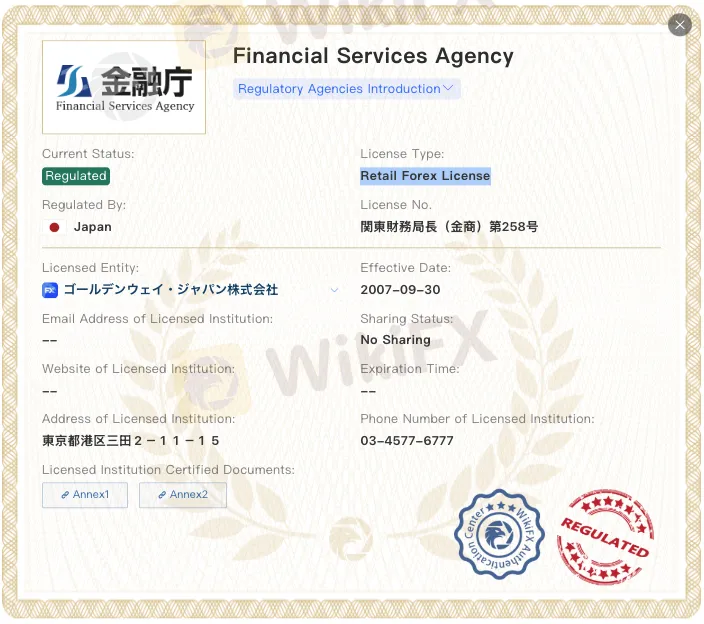
FXTF operates under Licence No. 258, which permits the company to offer retail forex trading services. The licence is fully regulated and reflects the brokers adherence to the strict standards set by the FSA. This level of oversight provides clients with assurance that the firm operates within a well-regulated framework.
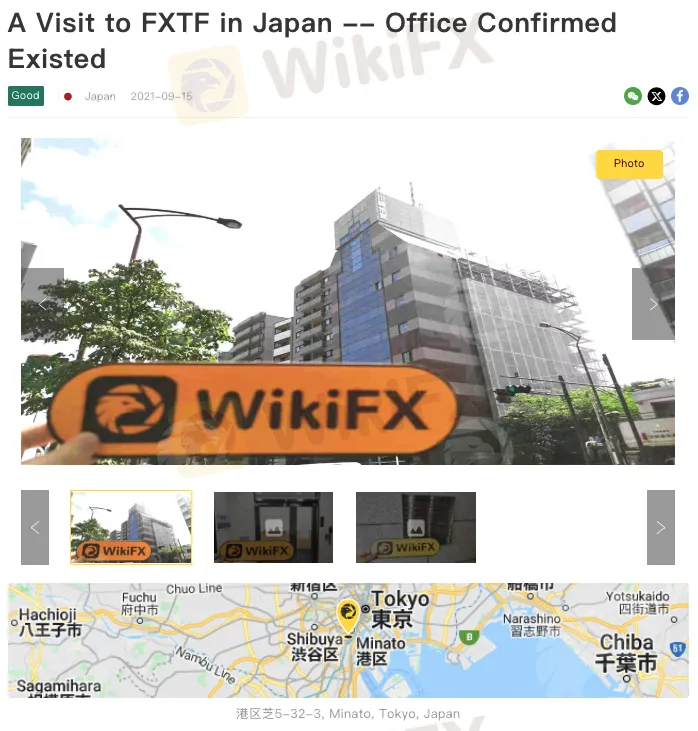
To further verify the broker‘s operational status, WikiFX conducted a field investigation at FXTF’s registered address: the 4th floor of the Mita Kawasaki Building in Minato-ku, Tokyo. The inspection confirmed that FXTF maintains an active presence at the location.
Such physical verifications are an important part of assessing broker reliability. In some jurisdictions, companies may hold valid licences but operate without a physical office, often relying on virtual or placeholder addresses. This can create uncertainty for clients, particularly when dealing with online platforms.
WikiFXs field surveys aim to close this gap by checking whether brokers are genuinely operating from the locations they list. These verifications offer an added layer of transparency, especially for traders choosing between firms that may appear similar on paper but differ significantly in practice.
For investors, knowing that a broker is not only licensed but also physically active at its registered address can provide added confidence. FXTFs confirmed location and strong regulatory standing make it a noteworthy choice for traders seeking a trusted and transparent trading partner.
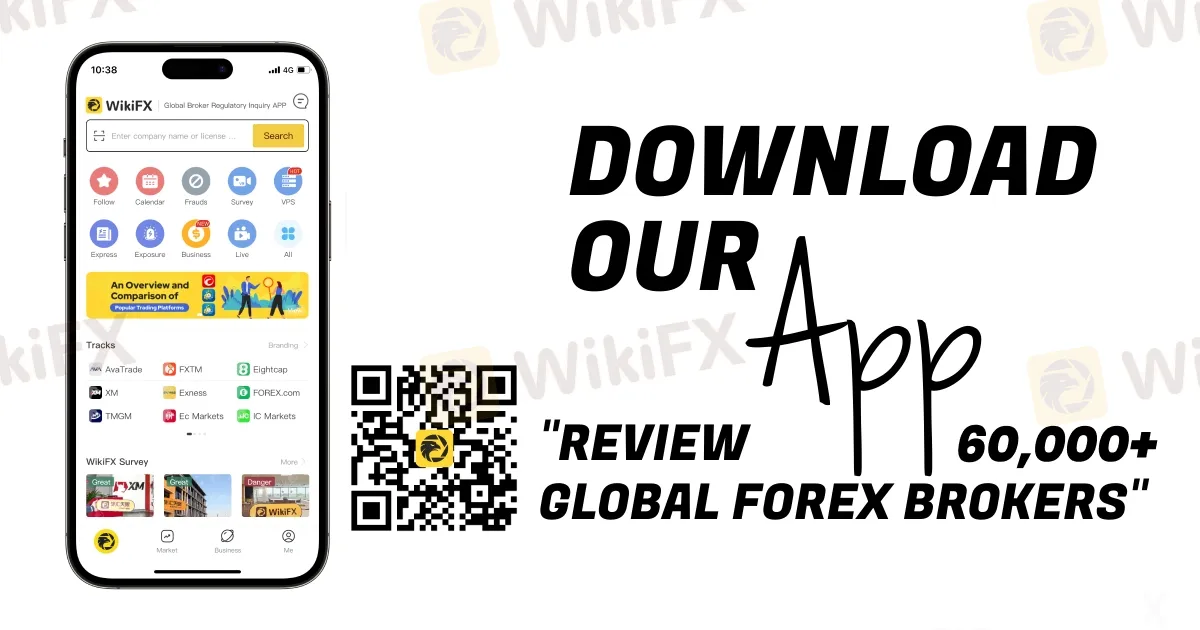
Disclaimer:
The views in this article only represent the author's personal views, and do not constitute investment advice on this platform. This platform does not guarantee the accuracy, completeness and timeliness of the information in the article, and will not be liable for any loss caused by the use of or reliance on the information in the article.
Read more
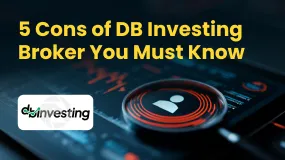
5 Cons of DB Investing Broker You Must Know
It's always advisable to read online review articles about forex brokers you are thinking to Invest your money with. The forex market has become increasingly unsafe due to the rise of fraudulent brokers. Review articles help you spot scam brokers and protect your money. Read this important article about DB Investing to stay fraud alert.
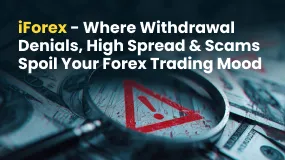
iForex - Where Withdrawal Denials, High Spread & Scams Spoil Your Forex Trading Mood
Are high spreads charged by iForex disallowing you to make profits? Do you feel that you will never be able to withdraw from iForex? It's nothing new! Read this exposure story where we have highlighted complaints from several investors.

Forex Hedging Strategies - Calming You Amid Market Chaos
Finding it hard to deal with the forex market volatility? Do those ups and downs in currency pair prices make you more nervous or worried? You need the right forex hedging strategies. As a concept, forex hedging is about strategically opening additional positions to stay immune against adverse forex price movements. It’s about offsetting or balancing your current positions by buying or selling financial instruments. As a trader, your risk exposure is reduced, hence limiting your potential losses.

Scam Alert: Cloned Broker Scams on the Rise
Reputed authorities like the FCA have issued warnings against brokers who act genuine but are actually fake brokers. They copy details such as logos, names, branding, and sometimes even employee appearances to trick investors and steal money from them.
WikiFX Broker
Latest News
Forex Hedging Strategies - Calming You Amid Market Chaos
Key Events This Week: ISM, Trade Balance And More Earnings
What Is Forex Currency Trading? Explained Simply
ASIC Regulated Forex Brokers: Why Licensing Still Matters in 2025
A Beginner’s Guide to Trading Forex During News Releases
Ultima Markets enters the UK and gains the FCA license
LSEG Announces £1 Billion Share Buyback Program
SEC Lawsuit Targets Real Estate Fraud Scheme by Joseph Nantomah
Think Uncle Sam Owes $37 Trillion? It's Far Worse Than That
SkyLine Judge Community: Appreciation Dinner Successfully Held in Malaysia
Currency Calculator


